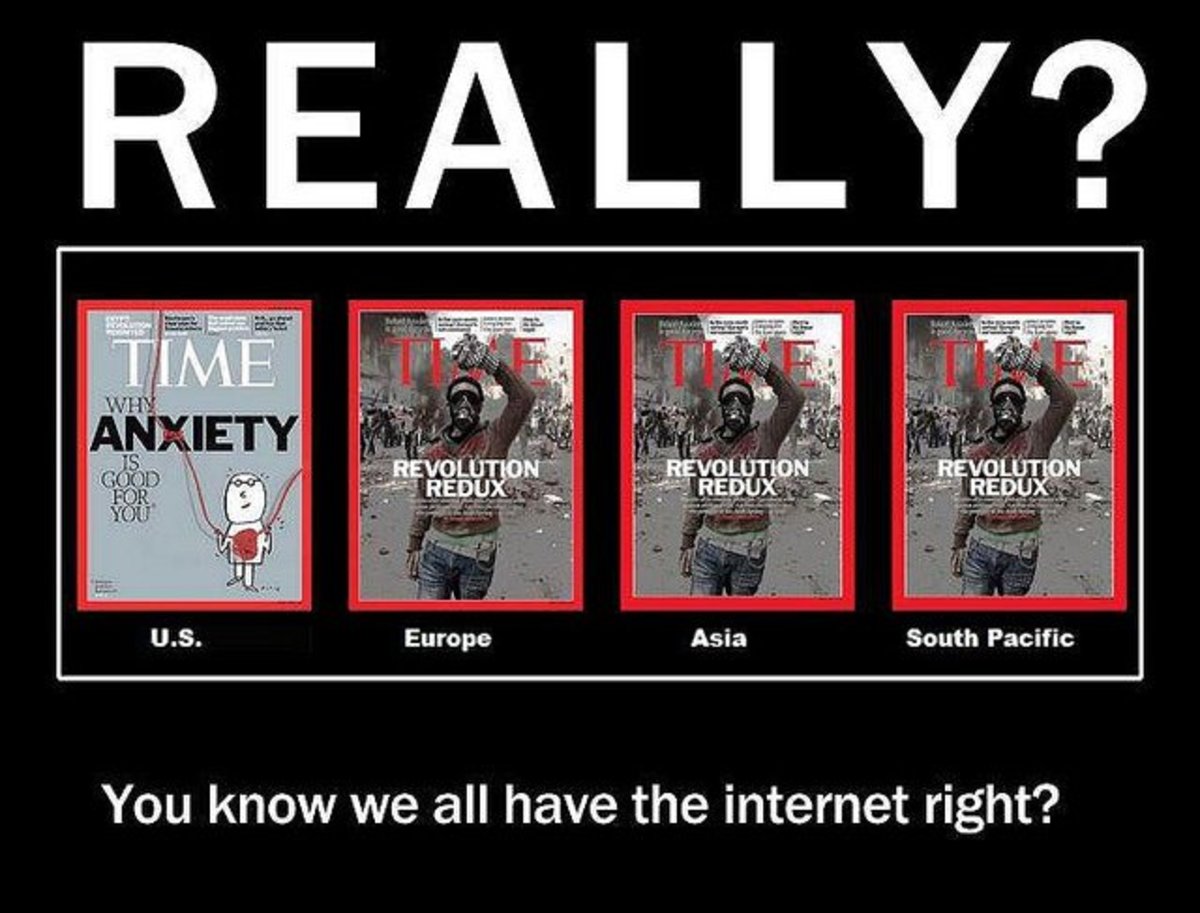How Far would you go to Protect a Source?
Imagine that you are a well-known reporter. You have been investigating a corrupt politician and you have interviewed a source—someone who has worked for the congressman in the past and someone who wants to remain anonymous in any press coverage. The source gives you information that will blow your investigation wide open. After agreeing to not reveal who the source is in your story, you carefully verify and corroborate the source’s information and write the story. Your editor loves the story and runs it on Page 1. When the story “hits the streets,” it ignites a firestorm of accusations from the congressman about your ethics as a reporter and the credibility of your source. The dramatic back-and-forth story plays out in the newspaper and finally the incident goes to trial. The judge orders you to reveal your source. If you refuse to divulge the source, the judge says that you will face jail time. Explain whether you would or would not reveal your source under any circumstances; if you would, explain why you would reveal the source.
I found this discussion difficult because on one hand if I promised to keep a person’s name out of a story I would want to keep that promise, but on the other hand I would not want to be forced to go to jail. For me revealing the name of a source would be a last resort; first I would look into the shield laws that most states have to allow journalists to protect the confidentiality of most sources (Harrower, 2013, p. 143). If the shield laws proved unable to protect me from the court, then I would be faced with the decision of either naming names or doing time in jail (Harrower, 2013, p. 143). At this point while I would dislike revealing a source I would dislike losing my freedom and my clean record more than my reputation as a reporter. My decision would be to reveal my sources name when faced with jail time. However, I would do my best to make sure my source was aware of the decision that I would potentially be forced to make.
If I was in a situation where I was interviewing a source who wished to remain anonymous, I would be upfront with the source from the beginning. I would explain that I would keep them anonymous up until I was legally obligated to reveal them as my source. I would further state that the only time I would reveal their name is if I was at risk of being held in contempt at court with the risk of legal actions being taken against me. I feel that this would be the best approach to the situation so that the source would know that I would reveal their name if I was facing legal actions, but that otherwise I would keep their name out of my story. The source could then decide if he or she still wanted to provide me with the information for the story being aware of the possible outcome.
Reference
Harrower, Tim. Inside Reporting, 3rd Edition. McGraw-Hill Higher Education, 2013



